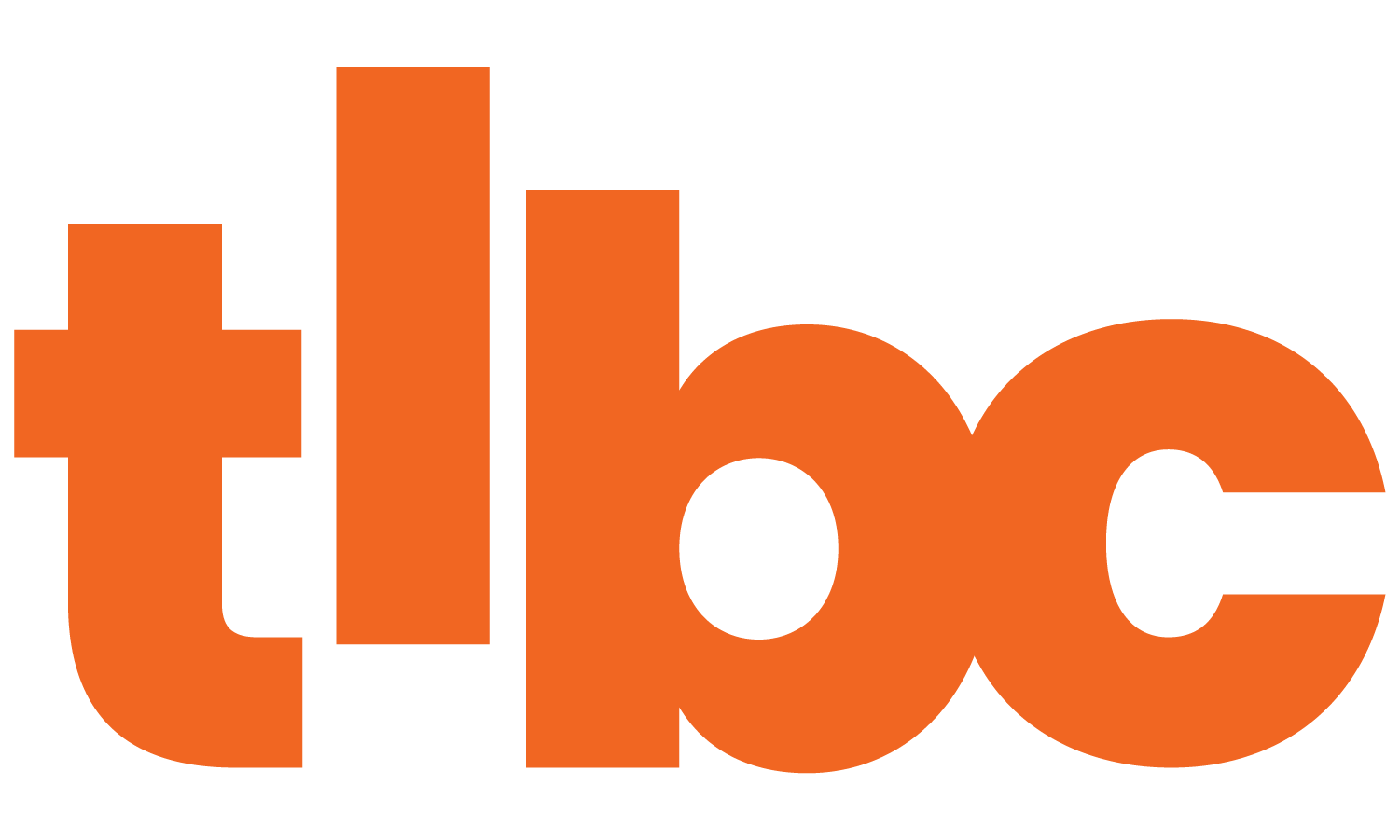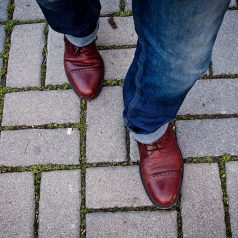Why is it so challenging to change a behavior once it has become a habit? Oftentimes, it can be hard to feel in control of your life, so you don’t put much effort into changing it. How can you kick the unhealthy behavior for good and start living the life you want?
In this episode we discuss the Behavior Change Wheel along with the research behind why and how this framework can change behavior. We also describe ways in which you can use this information in your own life.
If you want to learn how to change your habits, then this episode is for you!
Here are three reasons why you should listen to the full episode:
- Learn about what the Behavior Change Wheel is.
- Understand the research behind why this framework was created.
- Discover how you can use the Behavior Change Wheel in your life.
Resources
- Listen to all TLBC episodes ad-free and get access to exclusive episodes when you join TLBC+!
- Do you need a step-by-step guide to build consistency in your life? Get a copy of The Consistency Code here!
Episode Highlights
What Is The Behavior Change Wheel?
- It is a systematic framework for adjusting behaviors and creating interventions to do more of the things you want.
- In the center of the wheel is Capability, Motivation, and Opportunity.
- Within each of these areas there is another layer.
- Opportunity: Social and physical
- Motivation: reflective and automatic
- Capability:physical and psychological
- Next, there is an outer layer of nine functions or tools.
- These nine functions are: education, persuasions, incentivisation, coercion, training, enablement, modeling, and environment restructuring.
- The final layer of this wheel includes seven societal policies that affect everything else.
- These include: guidelines, environment or social planning, communication or marketing, legislation, service provision, regulation, and fiscal measures.
What Is The Research Behind The Behavior Change Wheel?
- The article referenced in this episode is called, “The Behavior Change Wheel: A New Method for Characterising and Designing Behavior Change Interventions”. It was written by Susan Michie, Maartje M van Stralen, and Robert West.
- The purpose of this study was to evaluate all existing frameworks for behavior change.
- They found that all existing frameworks did not fit their criteria.
- So, they created a new framework known as the Behavior Change Wheel.
How Can You Use This Framework In Your Life?
- Look at the behavior you want to change or add and consider your motivation, capability, and opportunity.
- Consider the potential interventions you can use to make a change.
- Those nine functions (tools).
- Also, recognize the limitations based on the society you live in,
- Be aware of them, but don’t let them discourage you or hold you back.
5 Powerful Quotes from This Episode
“A systematic framework for adjusting behaviors and creating what are called interventions in our behavior, so that we can start to do more of the things we want to do and more of the things we know we should be doing”.
“Some kind of external tool, framework, or action used to create a change in behavior”.
“A person’s capability to do the behavior or to stop the behavior, the opportunity to do the behavior or stop it, and the motivation to do it or stop it.”.
“The job of these larger policies, these larger societal tools is to get people to take certain behaviors that are beneficial to larger societies”.
“These are the things that you can to some degree control in order to create change in that behavior”.
Enjoy this Podcast?
The smallest acts can be catalysts for tremendous evolutions. If you enjoyed today’s episode of the Tiny Leaps, Big Changes Podcast, then hit subscribe and share it with your friends!
Want to give us a review? If you enjoyed tuning into this episode, then don’t forget to write a review. You can also share this with your loved ones, so they, too, can overcome their fear and define success based on their terms.
Have any questions or suggestions? You can contact me through Instagram or send your queries at TLBC’s website, Instagram, and Twitter.
Hosted By: Gregg Clunis | https://www.instagram.com/greggclunis/
Instagram: http://instagram.com/tinyleaps
Twitter: http://twitter.com/tinyleaps





